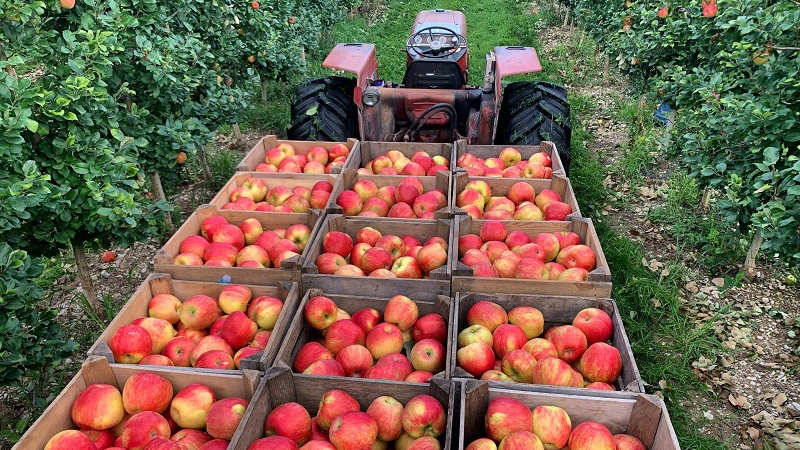Going Dry: Can California Groundwater Supply Fully Recover from Drought?
New UC Riverside research shows groundwater levels take an average of three years to recover from drought — if it ever recovers at all. In the largest study of its kind, scientists found that this recovery time only applies to aquifers that aren’t touched by human activity, and the recovery time might be even longer in regions with excessive pumping.
Farmers rely heavily on this groundwater to irrigate their crops when they can’t get enough water from surface water sources.
RELATED CONTENT: California Coastal Grape Growers Can Use Less Water During Drought
For groundwater levels to recover after a drought, new precipitation requires time to percolate through the soil and recharge the depleted aquifer. The researchers show that this process can take several years longer in areas with deeper groundwater levels.
“If people pump groundwater without first letting it recharge, groundwater levels keep going down, the cost of pumping goes up, and the land sinks,” explained Hoori Ajami, UCR Groundwater Hydrologist and study co-author and principal investigator on this project.
Published in the Journal of Hydrology, the new study is the first to examine groundwater response to droughts on a continental scale. Previous investigations of groundwater drought have mostly relied on model simulations and covered smaller areas. This study relied on 30 years of daily measurements from 600 wells across the country.
For more, continue reading at https://news.ucr.edu.








